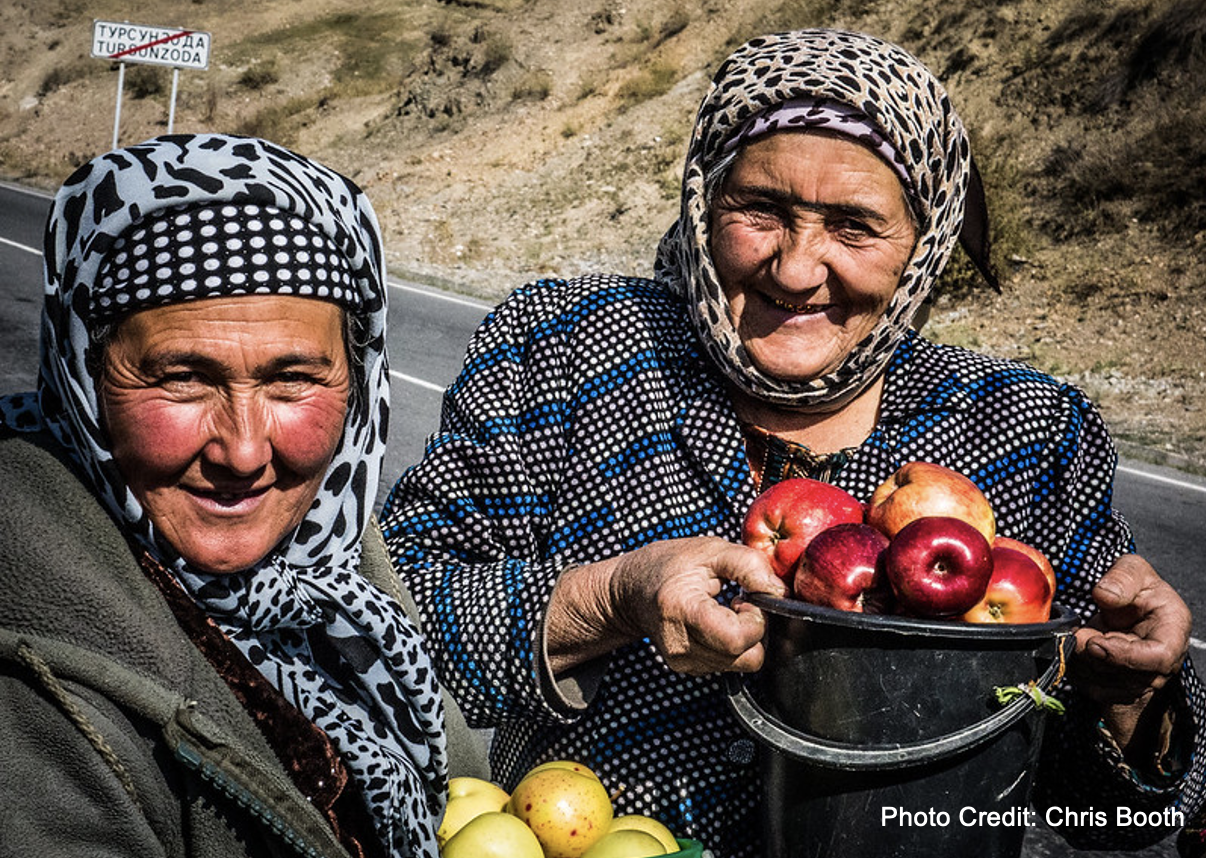
Context
Women-led businesses face multi-dimensional challenges in Central Asia. Low access to finance particularly impacts their ability to grow their enterprises and take them to the next level. The EBRD seeks to address demand-side, supply-side, and business environment constraints that women entrepreneurs face in accessing finance, by providing a mix of financing, advisory services, and initiating policy dialogue to create lasting systemic change.
Joining Forces
With funding support from We-Fi, the EBRD established the “Women of the Steppe” Women in Business Program in Central Asia (Kyrgyz Republic, Mongolia, Tajikistan, and Uzbekistan). The overall objective of the program is to contribute to women’s economic empowerment by increasing the economic opportunities available to them. The program offers a fully integrated approach to respond to the multi-dimensional barriers to women-led SMEs’ growth.
The program will provide investment and advisory support to reach over 7,000 women-led SMEs across target countries, all facing significant gender-related constraints in access to finance and know-how, as well as policy gaps limiting the enabling environment.
In particular, the technical cooperation program comprises of the following components:
- Increasing WSMEs’ access to finance by providing dedicated financing for WSMEs, utilizing risk mitigation instruments to promote increased lending to WSMEs, and providing technical assistance to financial institutions to increase their understanding of WSMEs and improve their offerings to the segment.
- Building networks and increasing access to know-how for WSMEs through tailored advisory services, training, mentoring, and coaching. This will also strengthen their entrepreneurial skills, performance, access to markets and competitiveness, and financial literacy.
- Supporting policy reform and advocacy to contribute to creating a supportive ecosystem for women’s entrepreneurship. This includes regulatory and legal reforms, awareness-raising, and capacity building of critical state and non-state actors on gender-supportive policy.
Impact
The program will improve the capacity of financial service providers to serve WSME clients, thereby increasing the financing available to women entrepreneurs. Participating women-led SMEs will also improve their business and managerial capacities, and enhance their existing networks. The program will develop a more robust ecosystem with gender-inclusive regulations, and strengthened institutions with gender-responsive policies.
Progress to Date
- Access to Finance: By the end of the 2020 reporting period, FMFC had disbursed 861 loans to eligible women-led SMEs under the program.
- Advisory services: While the COVID-19 pandemic delayed the rollout of activities in the first half of 2020, the program has nevertheless facilitated 41 advisory projects across the region (meeting the Program’s year 1 regional target in this respect), including 25 projects in the Kyrgyz Republic, building on synergies with the We-Fi funded Women in Business Loans program, 3 in Mongolia, 7 in Tajikistan and 6 in Uzbekistan. A significant portion of these projects directly addresses the challenges that WSMEs face in the current economic climate, often delving into matters such as digitalization and e-commerce to build resilience during lockdown.
- Networking-building events: Prior to the restrictions imposed by Target Country governments due to the spread of COVID-19, the Program has been able to facilitate network-building events for women entrepreneurs in Tajikistan and the Kyrgyz Republic, attracting more than 450 participants. Over the course of the second half of 2020, the EBRD coordinated network-building and outreach events using digital communications tools.
- Regulatory support: As part of its policy work under the Program, the EBRD engaged with government agencies at various levels during the reporting period. In the Kyrgyz Republic, the EBRD project team facilitated the creation of an inter-agency task force to guide the development and implementation of a gender-responsive SME Development Strategy in the country. The EBRD project team also prepared a Gender Responsive Investment Climate Assessment (GRICA) of the country, assessing how the country’s legislative and regulatory frameworks affect women entrepreneurship. In Tajikistan, the EBRD project team contributed to a review of the Tajik tax policy and business registration practices, which, after public consultation, led to the passage of revised legislation that supports women entrepreneurship with tax incentives for women entrepreneurs on maternity leave, and a streamlined business registration process for individual entrepreneurs that are home-based. The EBRD project team is also reviewing a draft law laying out the government’s gender policy, as well as supporting the incorporation of a gender lens into regulatory impact assessments. Finally, in Uzbekistan, the EBRD project team has commenced preparatory work on Uzbekistan-focused GRICA and has been invited by the National Commission for Gender Equality (NCGE) to comment on the draft National Gender Equality Strategy.
The program will prioritize aiding the recovery of WSMEs in the country and build their resilience to both the ongoing COVID-19 crisis, as well as to future potential events that cause economic disruption.
